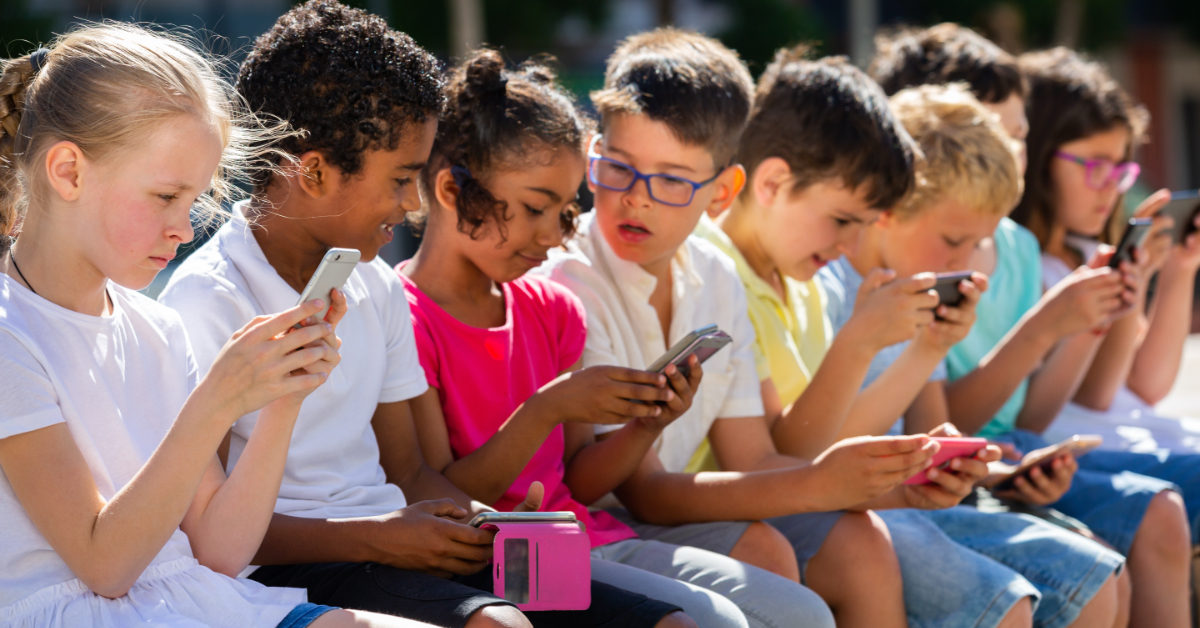
We are increasingly aware that early childhood is the best time for a child to build a foundation of learning.
Parents play a crucial role and are “smarter than screens,” writes Laura Overdeck in her op-ed for U.S. News. Overdeck begins her article by asserting that when it comes to fixing underperforming schools, we’ve focused on increased spending and investments in technology but that the place that’s most importance has often gotten neglected – and that is the home.
Screens, whether smartphone or tablet, are ubiquitous, and it can be tempting to let educational apps do all the teaching for us. But a recent study from The University of Washington’s I-LABS should make us pause to reconsider outsourcing education to tech.
In this study, the team:
…taught 9-month-old babies Mandarin as a second language, with some babies learning from live tutors and others watching videos of the exact same lessons by the same instructors. After several months, the babies who received live teaching were months ahead in their bilingual abilities.
While parents are an indispensable part of a child’s learning, technology can often function as a good supplement. This article highlights one app, Bedtime Math, which is designed for children to use alongside their parents and combines reading and mathematics. A study from the University of Chicago found that the app is successful.
Overdeck explains that:
The key is the app’s interactivity – not between the kids and the screens, but between the kids and their parents. Any math app can proclaim that 2+2 makes 4, or sport colorful art or sound effects. But while most apps leave the child working solo, parents do the Bedtime Math app with their kids. Instead of children playing a game and then being scored right or wrong on their answers, they get to talk through the math with their parents, generating a love of math and number fluency.
The article ends with a reminder that as parents, the time we share with our children is important for bonding and for academic success.




Leave a Reply